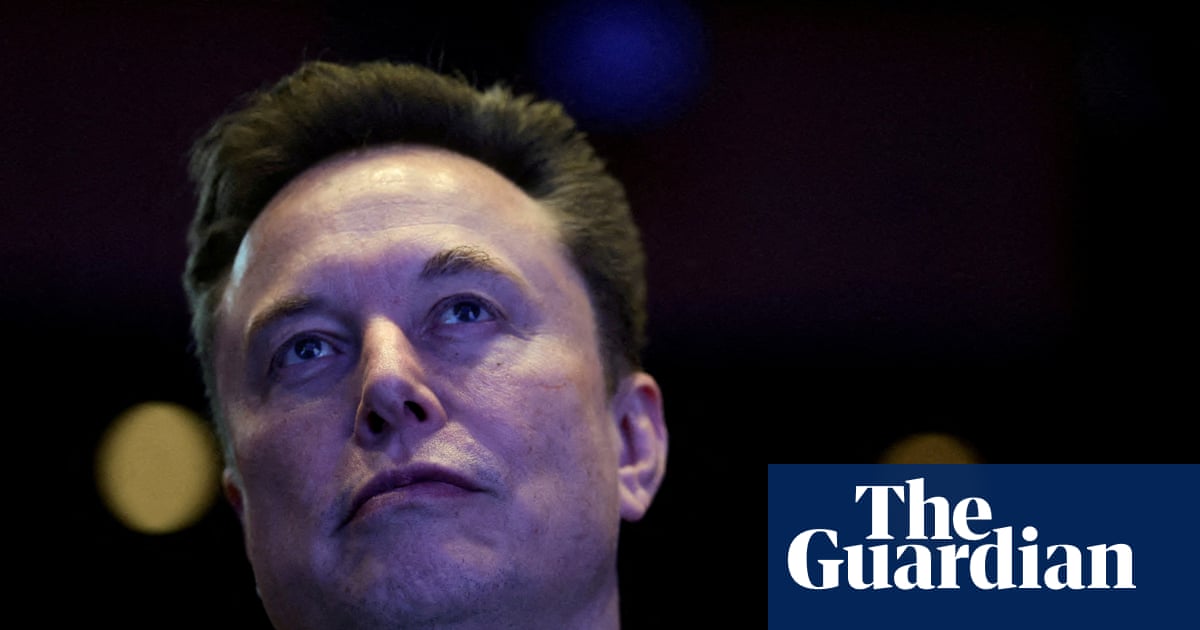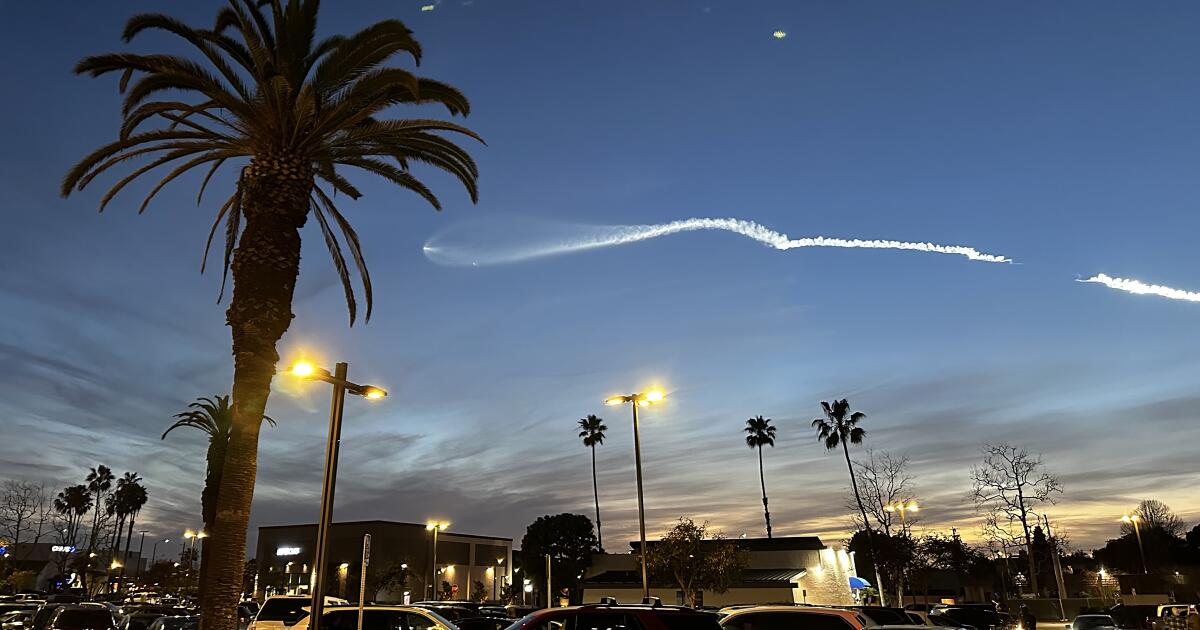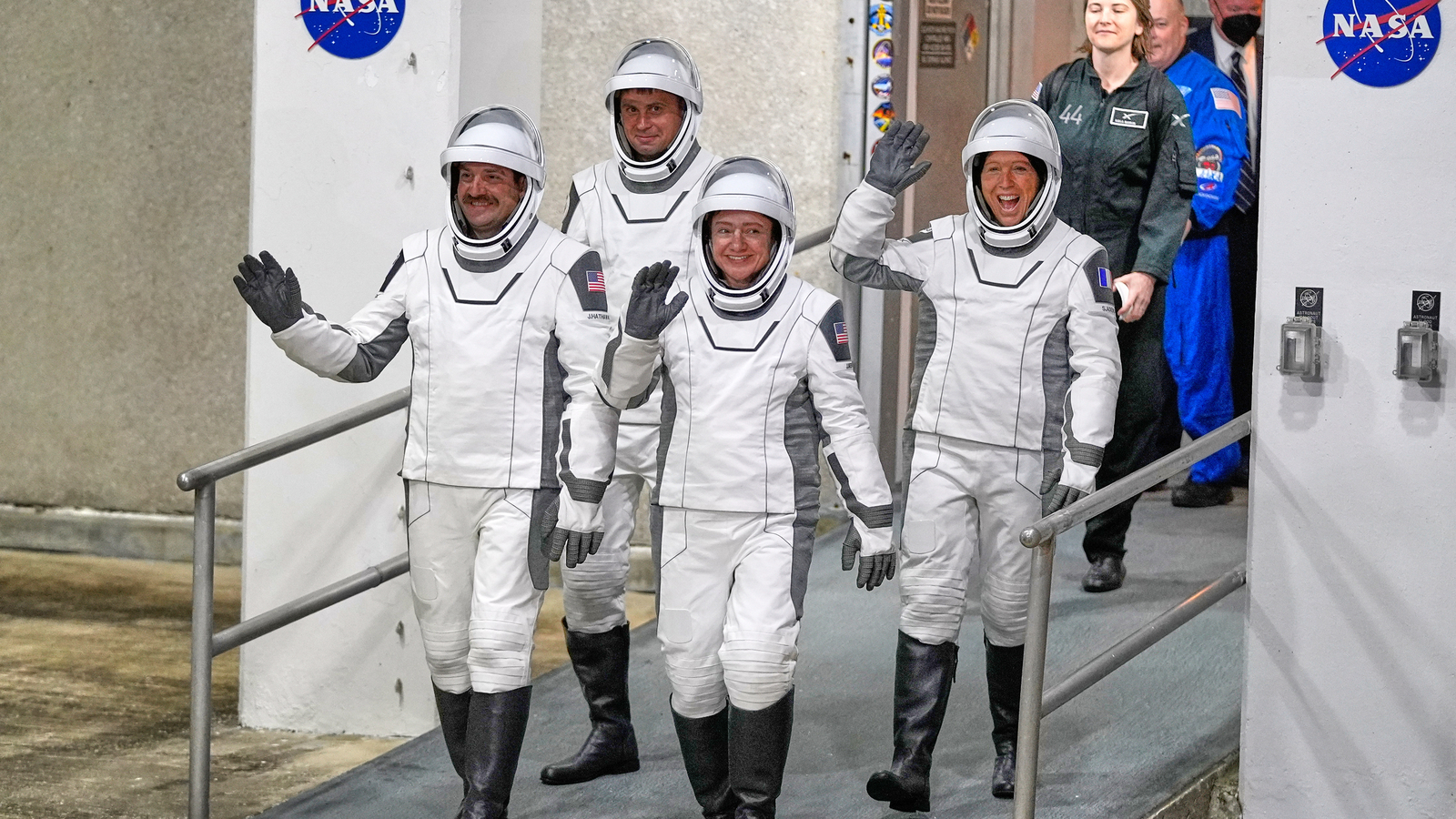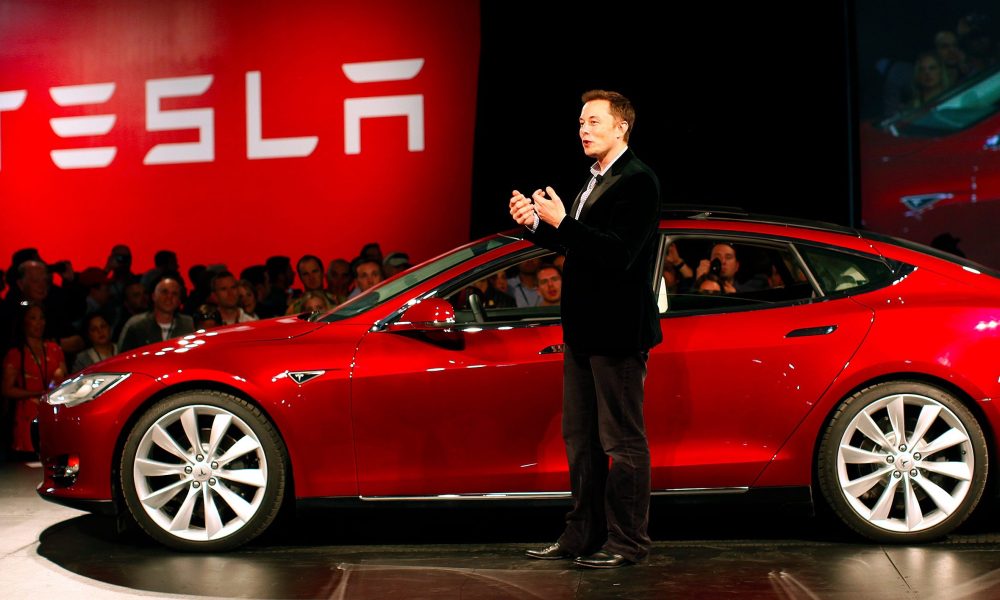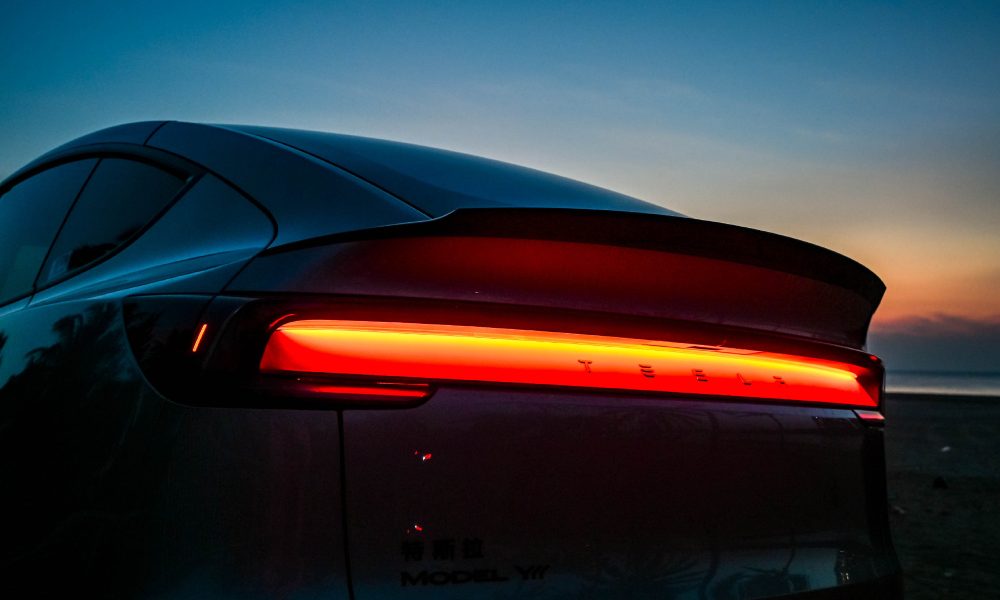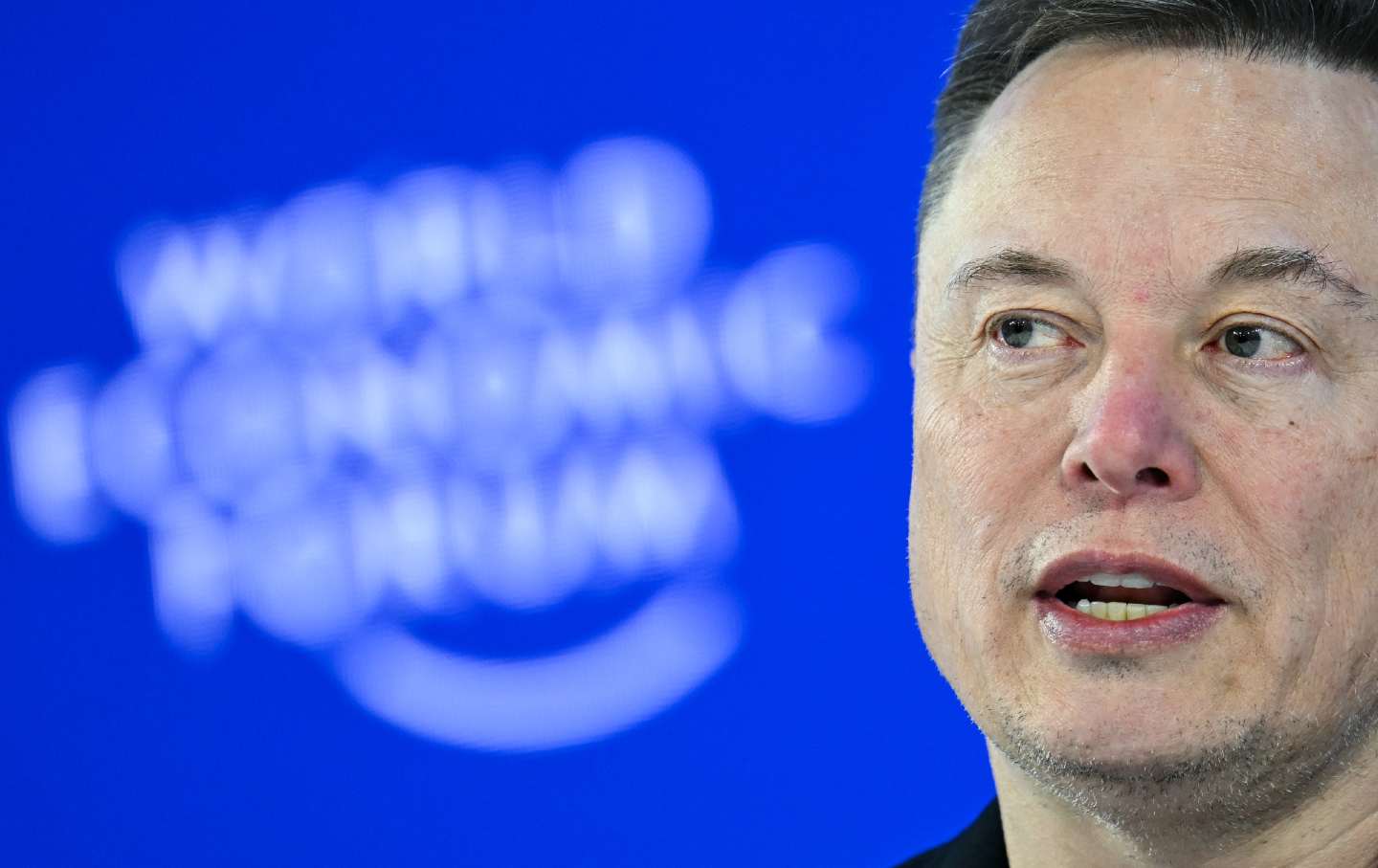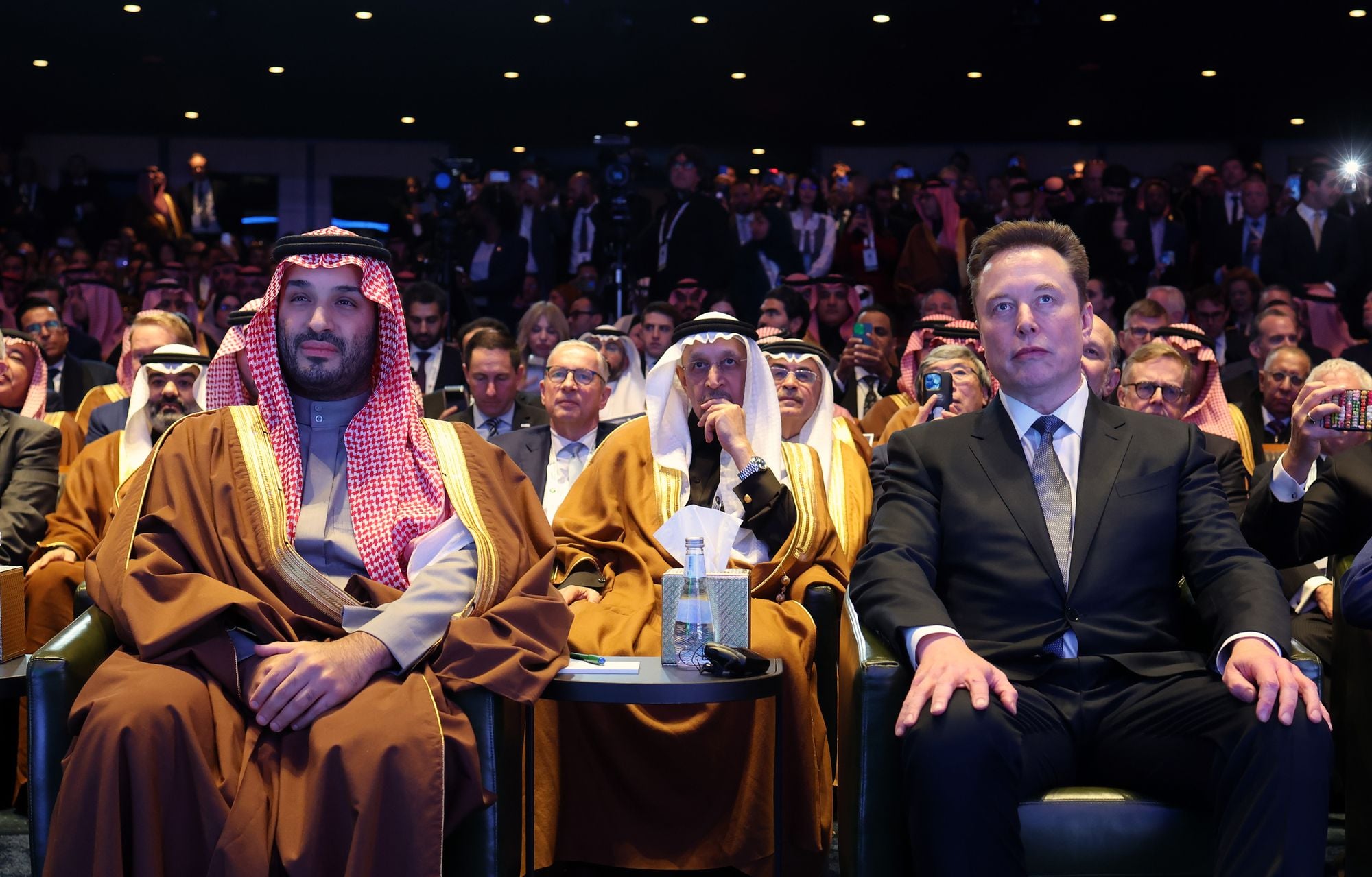#SpaceX
#SpaceX
[ follow ]
fromTESLARATI
1 week agoElon Musk's xAI Secures $3B Investment From Saudi AI Firm HUMAIN
"This investment reflects HUMAIN's conviction in transformational AI and our ability to deploy meaningful capital behind exceptional opportunities where long-term vision, technical excellence, and execution converge, xAI's trajectory, further strengthened by its acquisition by SpaceX, one of the largest technology mergers on record, represents the kind of high-impact platform we seek to support with significant capital" HUMAIN CEO Tareq Amin stated.
Artificial intelligence
fromwww.independent.co.uk
2 weeks agoFour new astronauts arrive at the International Space Station to replace NASA's evacuated crew
SpaceX delivered the U.S., French and Russian astronauts a day after launching them from Cape Canaveral. Last month's medical evacuation was NASA's first in 65 years of human spaceflight. One of four astronauts launched by SpaceX last summer suffered what officials described as a serious health issue, prompting their hasty return. That left only three crew members to keep the place running one American and two Russians prompting NASA to pause spacewalks and trim research.
US politics
fromwww.theguardian.com
2 weeks agoUS labor board drops years-long legal battle with SpaceX in victory for Musk
The US labor board is abandoning a years-long legal battle against Elon Musk's SpaceX and signaling it will steer clear of future cases against the company, according to a letter from the board cited by the New York Times and Bloomberg. Two years after issuing a complaint accusing the aerospace firm of firing eight engineers because of their involvement in an open letter criticizing Musk, the National Labor Relations Board (NLRB) said it was dismissing the case, disclaiming jurisdiction over it, according to the letter.
US politics
fromEntrepreneur
3 weeks agoThis is the Overlooked Framework Behind Breakthrough Companies
True innovation lives where deep technical insight meets ignored, convention-bound assumptions. There's a kind of arbitrage in innovation that's easy to miss because it doesn't look like arbitrage at all. It lives in the gap between what physics allows and what institutions assume is possible. The reason it persists is that exploiting it requires developing genuine expertise in domains where most have neither the background nor the patience.
Venture
Science
fromBusiness Insider
3 weeks agoElon Musk said we'd reach Mars in 2026. Now, he says SpaceX is building a city on the moon.
SpaceX is prioritizing building a self-growing moon city because lunar launch cycles allow faster iteration, while Mars development remains planned for five to seven years.
[ Load more ]

